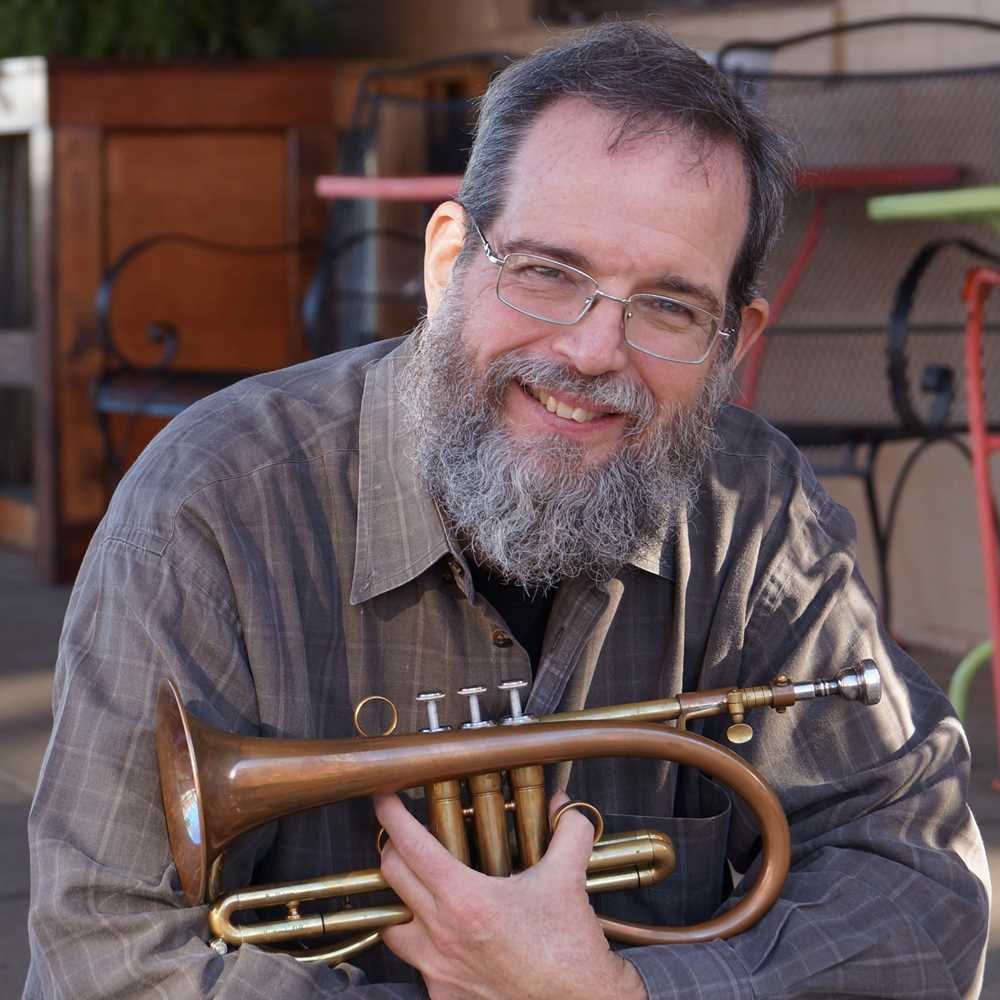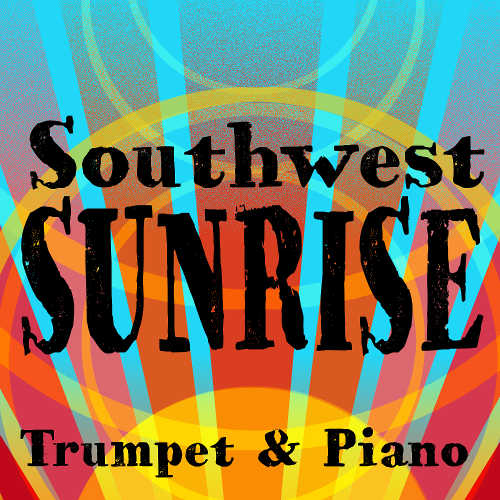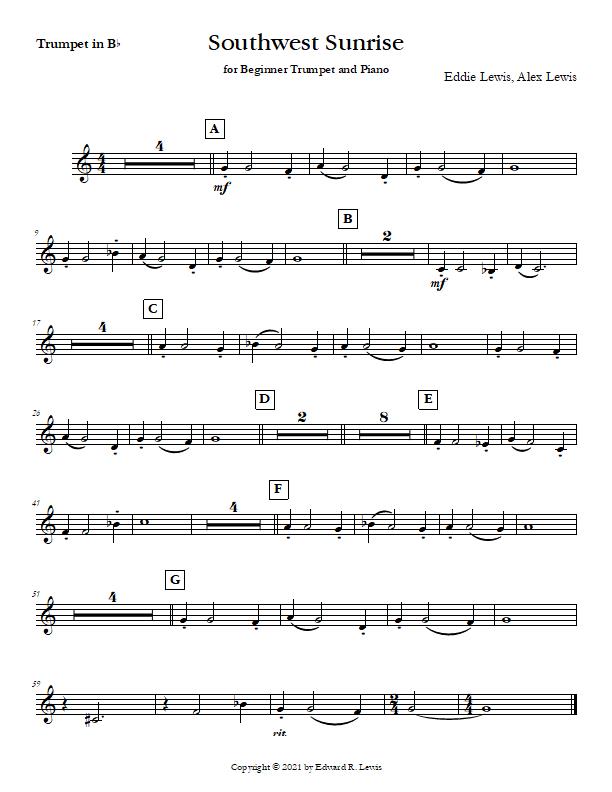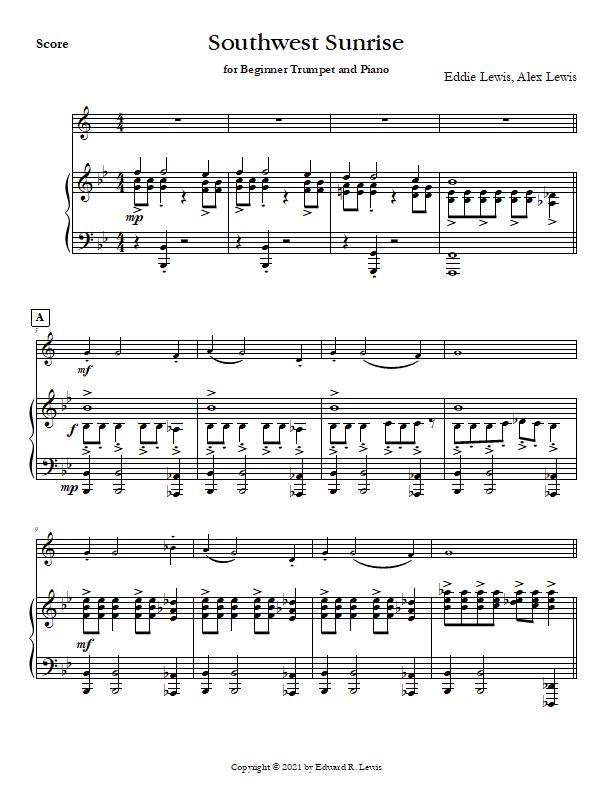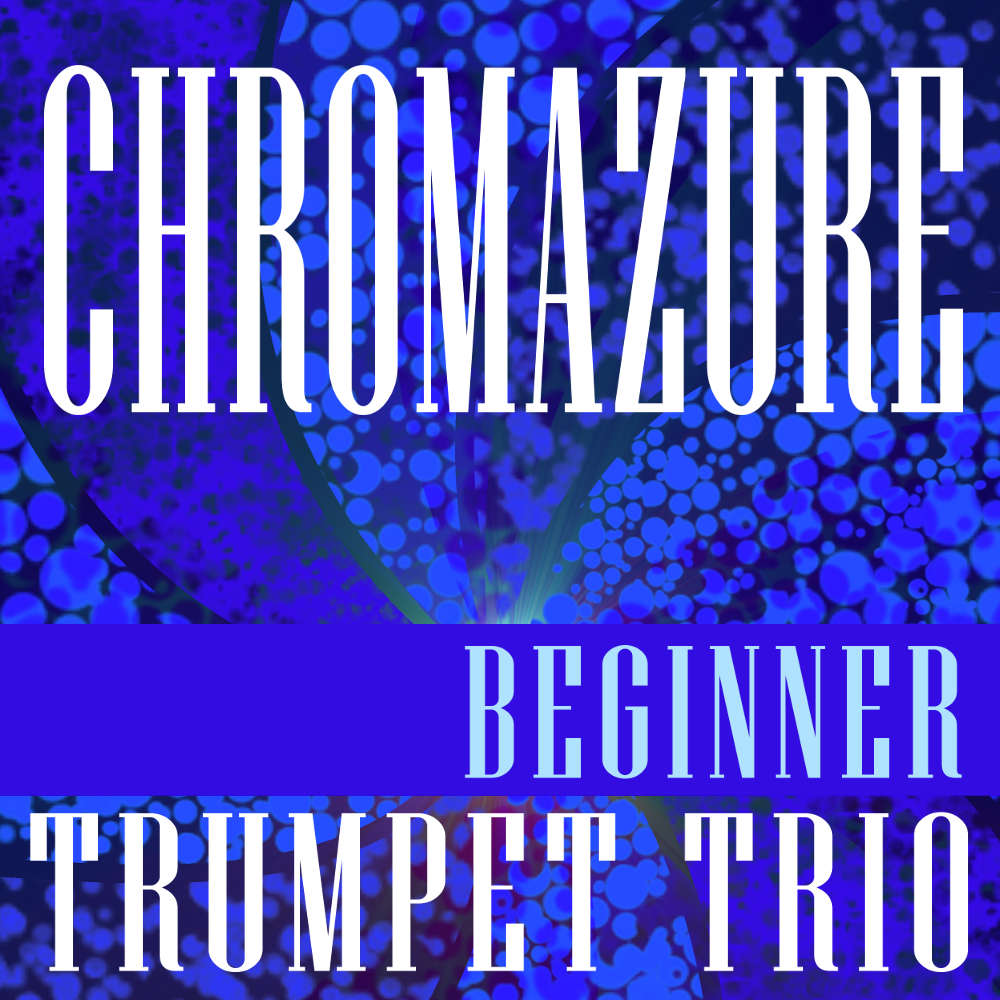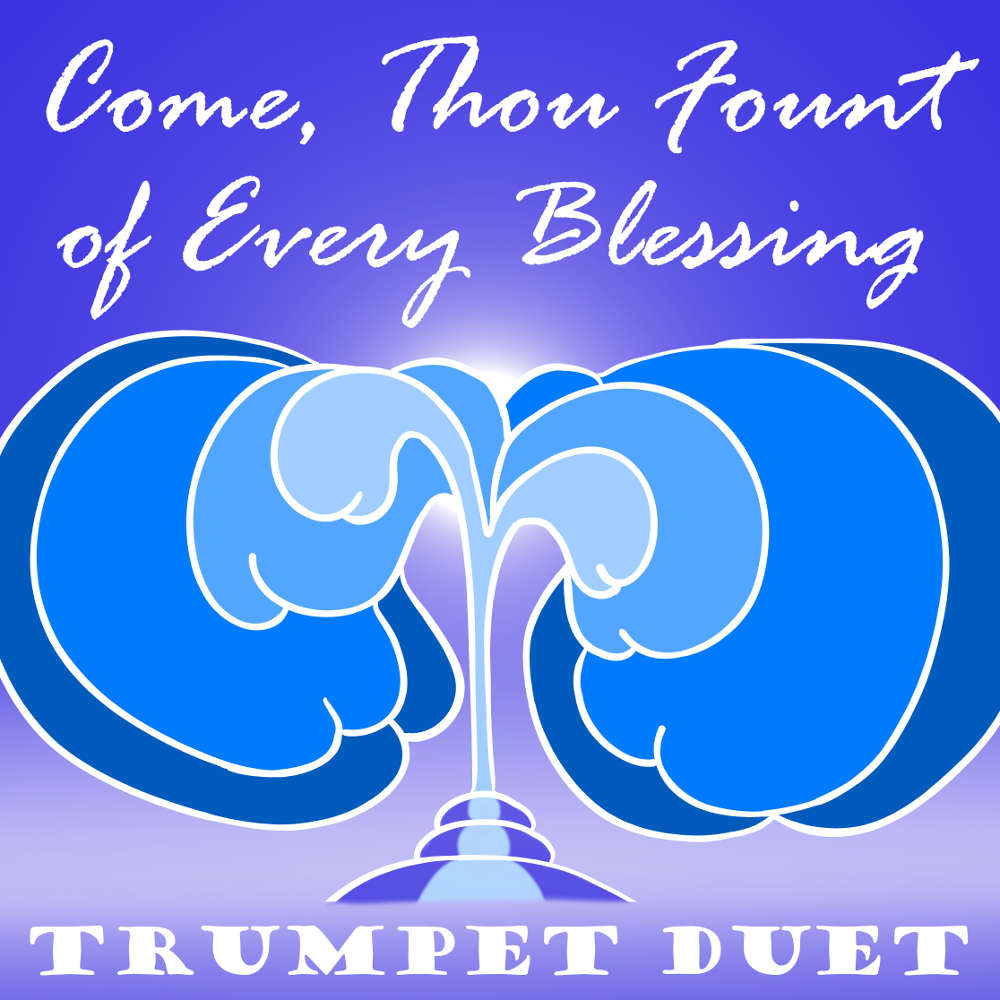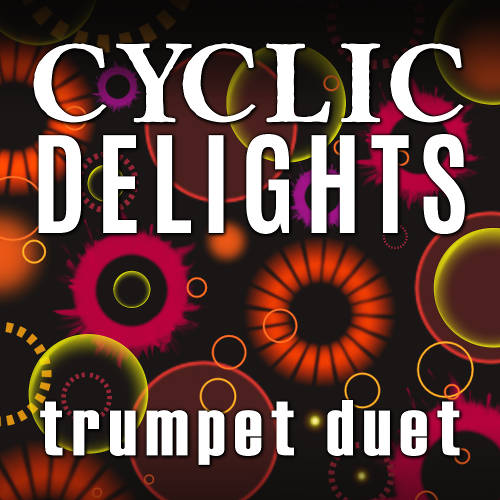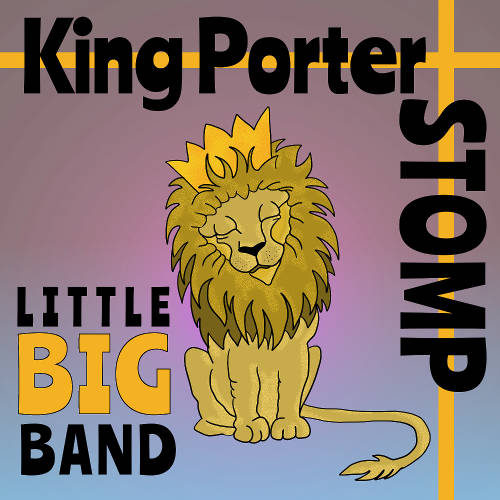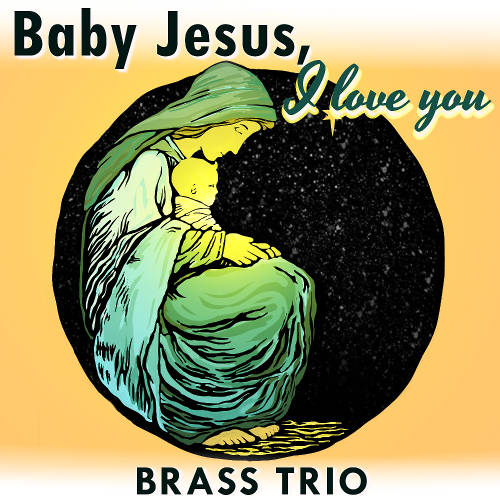Southwest Surise Beginner Trumpet Solo
On Sale
$15.99
$15.99
Southwest Sunrise
Beginner Trumpet Solo
Eddie Lewis and Alex Lewis
MTR P111 4137
Southwest Sunrise is a trumpet solo for beginner trumpet students that has a more complicated piano part. I often get requests for music for students of different skill levels. And in fact, that’s what of my strengths as a writer, is that I can blend parts across skill levels that way.
In this case, Alex and I were striving for something that would be interesting for the pianist, but not overly challenging for the beginner trumpet student.
The Process
The inspiration for this piece came to me on a morning walk in Chandler, Arizona. Chandler is a suburb of Phoenix. I was walking east, into the rising sun. It was a very simple melody. It was a very simple blues melody that I immediately recognized as something that would work in our series for beginner trumpet students.
This was during a time when my son, Alex, and I were already collaborating on some other projects. For this piece, I gave Alex the melody and gave him a general description of what I was hearing. Then I gave him his space to create what sounded good to him.
The next stage was me editing some of his creativity. At this point we went back and forth on a few issues until we agreed on the final results.
SKILL LEVEL
The skill level for Southwest Sunrise is Trumpet Pioneer (we don’t have skill levels for piano parts yet on this website). Trumpet Pioner is the first of seven levels in our system. These are absolute beginners who have only been playing the trumpet for a few months.
Our Trumpet Pioneer level limits the range to C in the staff. We also limit rhythms to nothing smaller than quarter-notes, and key signatures are limited to one flat or sharp.
Practice Recommendations
While it is obvious and I don’t normally list it as a point in this practice recommendations, but the rhythms are very different between the trumpet part and the trumpet part. So it is even MORE important to spend time listening to the composition long before you begin practicing it.
As I said, this is a good habit for working on all performance pieces. There is research that proves that students learn their music best when they recognize their mistakes soonest. When you listen to the music repeatedly before you practice, it goes a long way towards helping you recognize your mistakes. This is one of the most important reasons for listening, but there are others that I won’t go into here.
Assuming the pianist is far more advanced than the trumpeter, the pianist should assume a patient, educational role.
